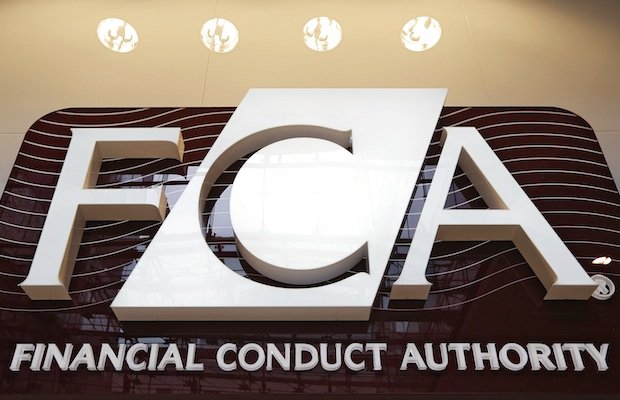FCA tells asset managers to gear up for the end of Libor

The Financial Conduct Authority (FCA) has written to asset managers to tell them to get ready for the end of Libor.
Libor is being phased out after banks were fined billions for trying to manipulate it. The benchmark, used for pricing trillions of dollars of swaps, futures and loans, is set to end at the end of 2021.
In a Dear CEO letter to asset management bosses Nick Miller, head of the FCA’s asset management supervision, said: “If your firm has Libor exposures or dependencies, your transition activities should now be underway”.
The financial watchdog said: “We expect your firm to take all reasonable steps to ensure the end of Libor does not lead to markets being disrupted or harm to consumers, and to support industry initiatives to ensure a smooth transition.”
Sign up to City A.M.’s Midday Update newsletter, delivered to your inbox every lunchtime
“Firms, such as yours, in the asset management sector, should be in doubt that they have a responsibility to facilitate and contribute to an orderly end to Libor,” the FCA added.
In December the Financial Policy Committee said: “The continued reliance of global financial markets on Libor poses a risk to financial stability that can only be reduced through a transition to alternative risk-free rates by end-2021.”
Regulators want market participants to switch to the ‘Sonia’ benchmark, an overnight interest rate compiled by the Bank of England.
Ed Gouldstone, chief operating officer of Linedata Asset Management, said: “Sonia-based pricing impacts all outstanding contracts currently referencing Libor, which make up a huge proportion of the total market.”
“Every contract will need to be updated, presenting an industry-wide challenge from pricing and model validation through to operations and legal.”
PwC partner Fiona Lehane said: “It is rare that the FCA spells out its expectations quite so starkly for firms. It’s very clear that the FCA doesn’t think that all firms have fully thought through all of the issues raised by Libor transition.”
“The clear steer is that firms must have a plan, must engage their board and build this into senior staff’s personal accountability. Firms who don’t think they need a programme should expect regulatory scrutiny.”
Get the news as it happens by following City A.M. on Twitter.